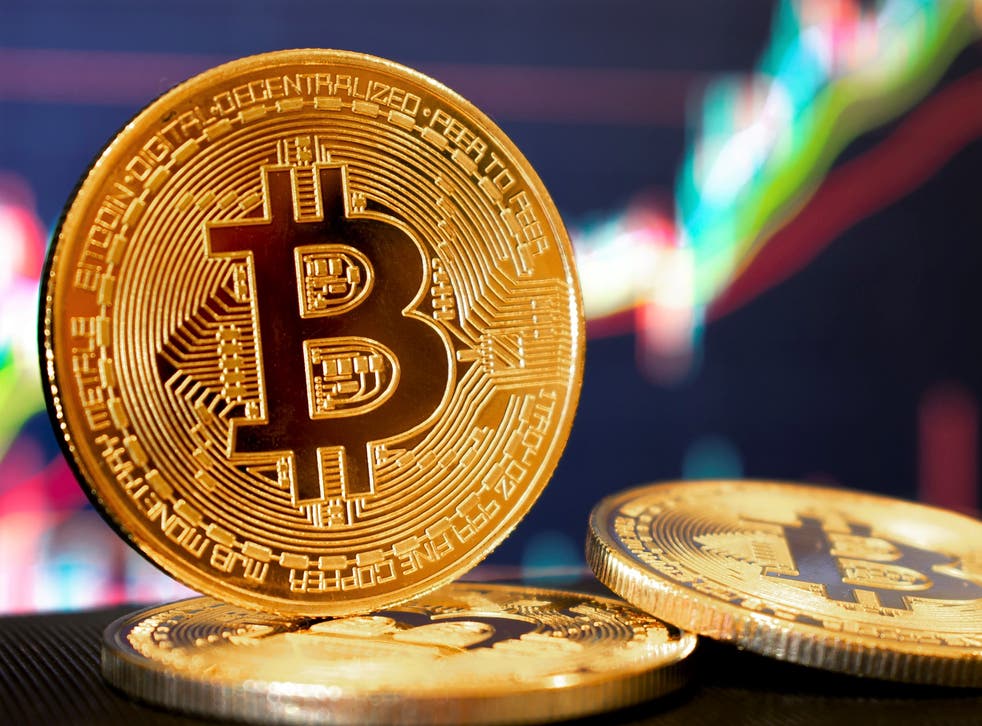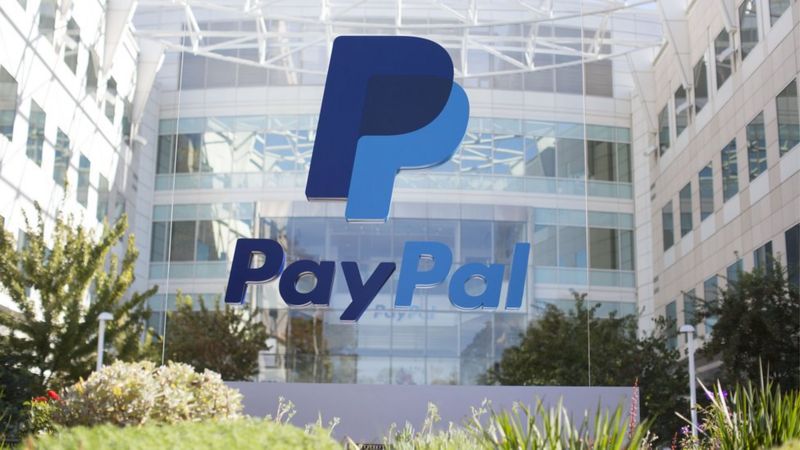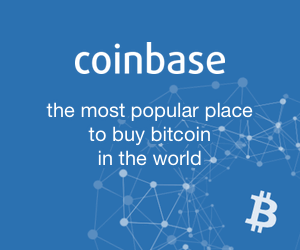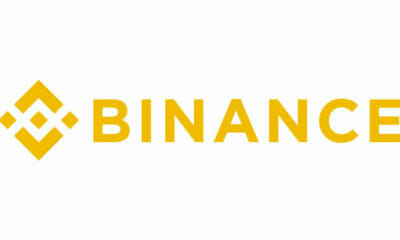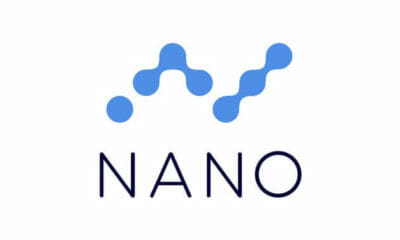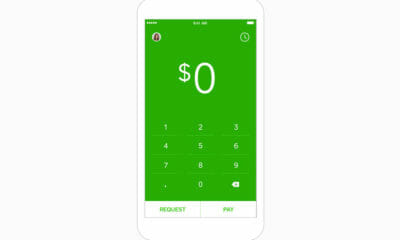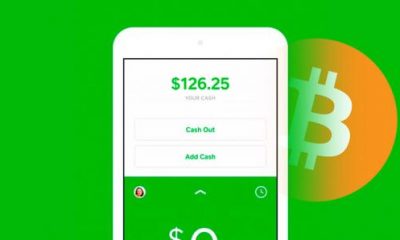In an annual report Bank of America (BOA) acknowledged the threat that cryptocurrency poses to its business model. Citing a range of economic, geopolitical, and operational risks it becomes clear that financial institutions can no longer ignore the digital asset revolution.
The bank’s admission, confirms a long-standing crypto enthusiast theory, that the financial world fears the rise of cryptocurrency and will take drastic measures to stop the digital money revolution.
Recently, BOA is one of four major U.S. based banks that barred its clients from using their credit cards for Bitcoin (BTC) and other cryptocurrency transactions. At the time they cited speculation, risk, and high volatility for their decision. Since the announcement, BOA has acknowledged the realistic threat this and other policies may pose to their firm.
In the February 22nd, 2018, SEC filing, BOA said:
“[C]lients may choose to conduct business with other market participants who engage in business or offer products in areas we deem speculative or risky, such as cryptocurrencies,”
Perhaps to the delight of many cryptocurrency users, Bank America highlights that the adoption of digital assets could impact the institution’s ability to comply with regulatory requirements. BOA cites cryptocurrency may cause an inability to remain “in compliance” with both local and international laws, striking a major blow to not only the firm’s business but its reputation. Most notably acknowledging the difficulty of adapting to the Office of Foreign Assets Control (OFAC) know-your-customer (KYC) and anti-money laundering regulations.
BOA went on to say:
“The widespread adoption of new technologies, including internet services, cryptocurrencies and payment systems, could require substantial expenditures to modify or adapt our existing products and services,”
Although the cryptocurrency threat analysis makes up a minor part of BOA’s annual report, this marks a clear shift in the marketplace. Gone are the days where financial institutions could ignore the sleeping giant that is cryptocurrency. In the digital money revolution, it has become more clear that banks will either have to get on board or get out of the way because cryptocurrency is here to stay.









